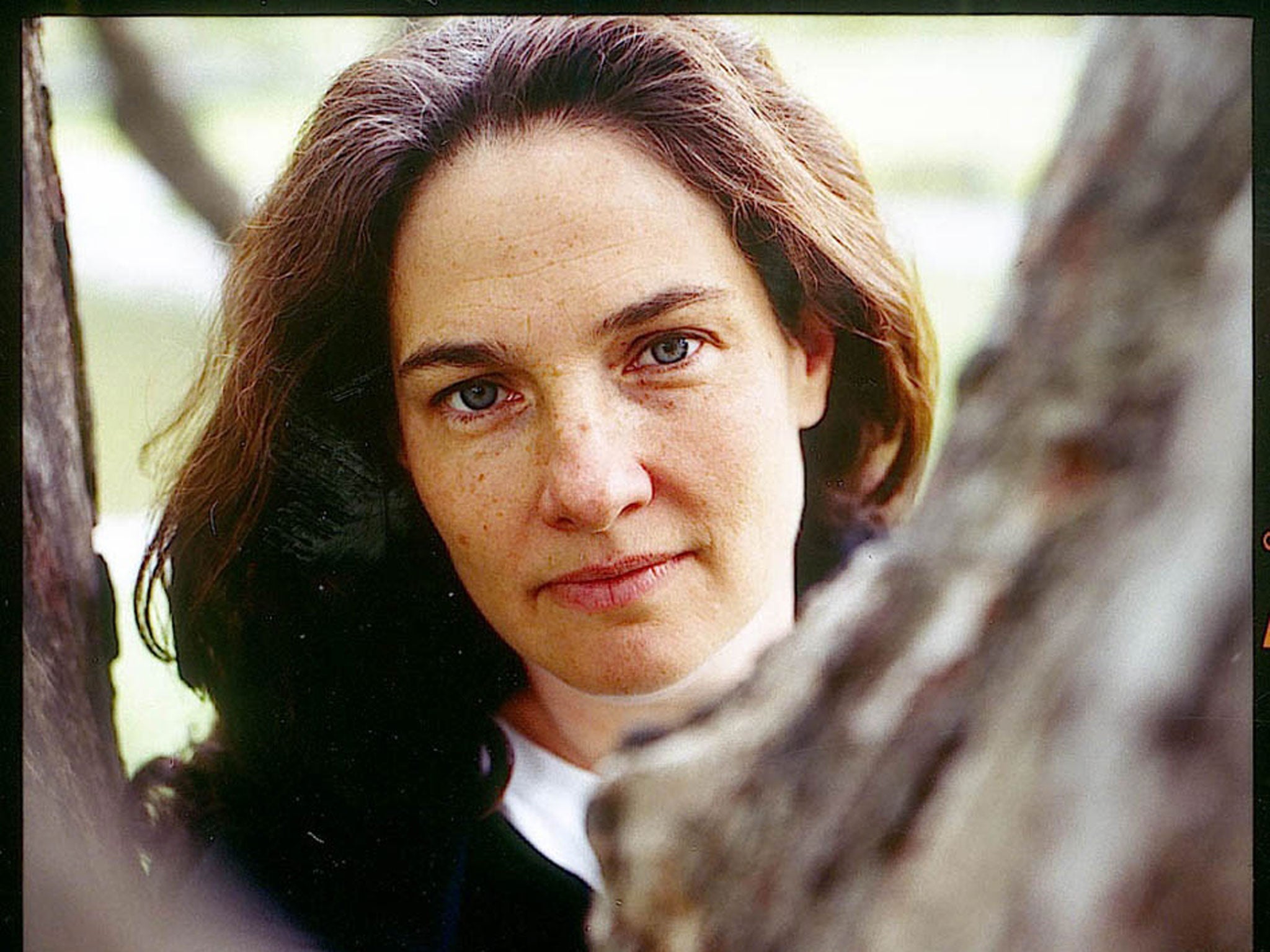Paperback review: May We Be Forgiven, By A M Homes
America, but with humour and panache

Your support helps us to tell the story
From reproductive rights to climate change to Big Tech, The Independent is on the ground when the story is developing. Whether it's investigating the financials of Elon Musk's pro-Trump PAC or producing our latest documentary, 'The A Word', which shines a light on the American women fighting for reproductive rights, we know how important it is to parse out the facts from the messaging.
At such a critical moment in US history, we need reporters on the ground. Your donation allows us to keep sending journalists to speak to both sides of the story.
The Independent is trusted by Americans across the entire political spectrum. And unlike many other quality news outlets, we choose not to lock Americans out of our reporting and analysis with paywalls. We believe quality journalism should be available to everyone, paid for by those who can afford it.
Your support makes all the difference.Acclaim for A M Homes's May We Be Forgiven has been steadily building since last year, and it was no great surprise when the novel took the Women's Prize for Fiction earlier this month. The cover of the paperback edition is adorned with glowing reviews, including two separate encomia to the book's "narrative intensity".
Narrative intensity? That's one way of putting it. We open at a Thanksgiving dinner: under the nose of his brother, George, Harry Silver shares a surreptitious kiss with his sister-in-law. A few weeks later, George kills two people in a car accident. Discharged from hospital, he returns home to find Harry in bed with his wife – whom he brains with a table-lamp. That about sums up the first 15 pages.
What follows is scarcely less dramatic, but the pace slows a little, allowing us to learn more about these damaged characters, and even to empathise with them. With George in a mental institution, Harry gains custody of his niece and nephew, and juggles parenting duties with research for a book on Richard Nixon and the odd suburban sex party.
Jeanette Winterson, joining the chorus of praise, has called this "the great American novel for our time". Well, Homes certainly has something important to say about contemporary life – its cynicism; its dearth of affect – but for me her writing is too richly particularised to function as state-of-the-nation satire. Better to read this as an entertainment, to sit back and enjoy Homes's delicious black humour, her sharp characterisation, and – yes – that thrilling narrative intensity.
Join our commenting forum
Join thought-provoking conversations, follow other Independent readers and see their replies
Comments